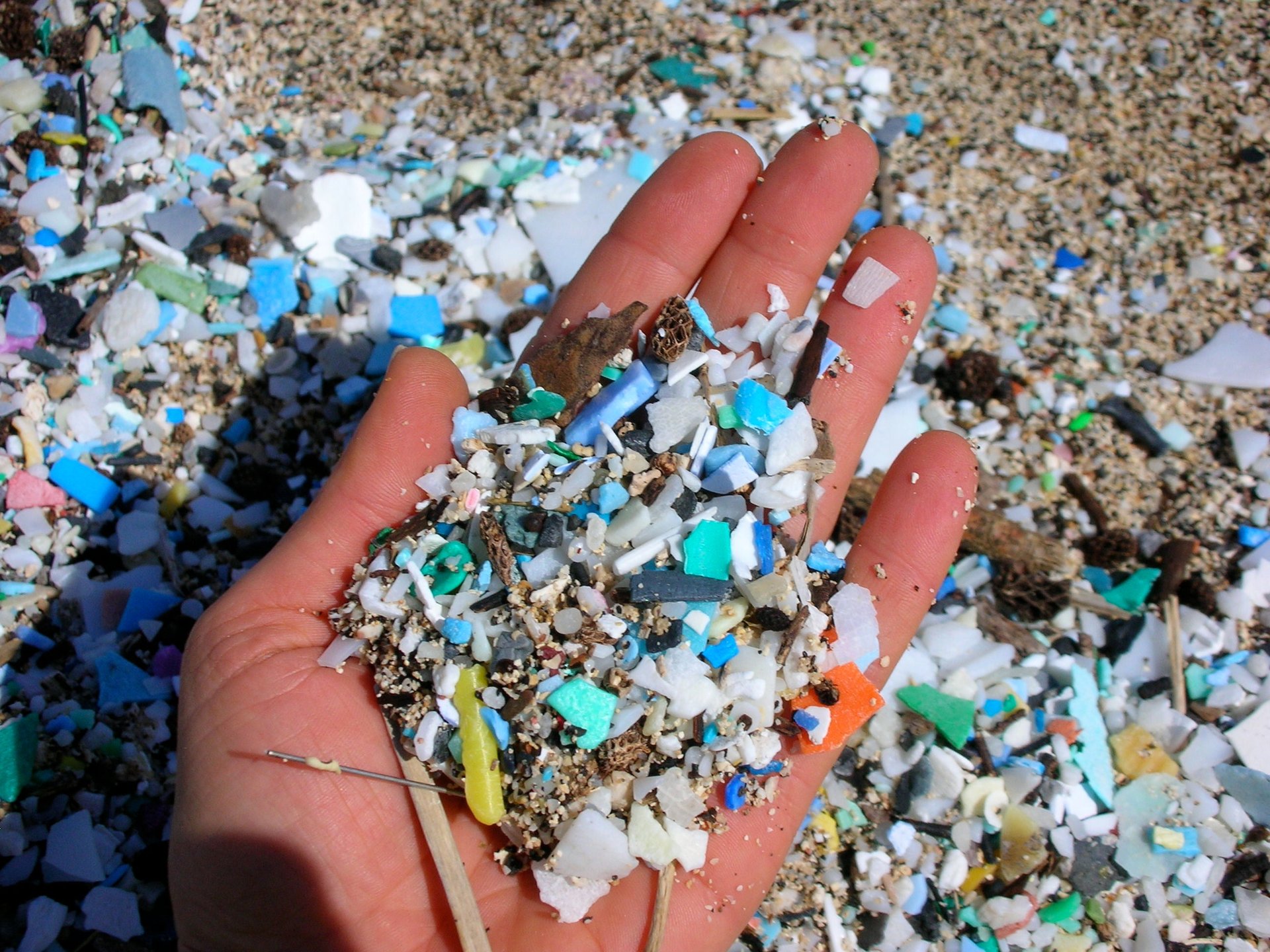Over 170 trillion plastic particles are now floating in the ocean
The finding reveals an urgent need for plastic reduction

A newly released study published in the science journal PLOS ONE reveals the average number of plastic particles in the world’s oceans may have reached over 170 trillion as of 2019.
Suggested Reading
The study’s co-authors used previously published and new data, including 11,777 samples of floating ocean plastics, to create a global time series that estimates the average counts and mass of microplastics in the ocean surface layer.
Related Content
Without immediate action, the rate of plastic entering aquatic environments is expected to increase approximately 2.6 times over from 2016 to 2040, according to the scientists who conducted the study.
The authors say existing international policies on plastic are fragmented, lack specificity, and do not include measurable targets. Creating binding and enforceable international agreements focused on source reduction is the best long-term solution, they conclude.
United Nations Member States adopted a resolution to end plastic pollution at UNEA 5.2 last year. But how that plays out remains to be seen. With drastic policy needed for reduction and reuse instead of recycling, the responsibility may shift from consumers to producers. Environmental activists hope to see a global treaty that will addresses the full life cycle of plastic, from extraction and manufacturing to its end of life.